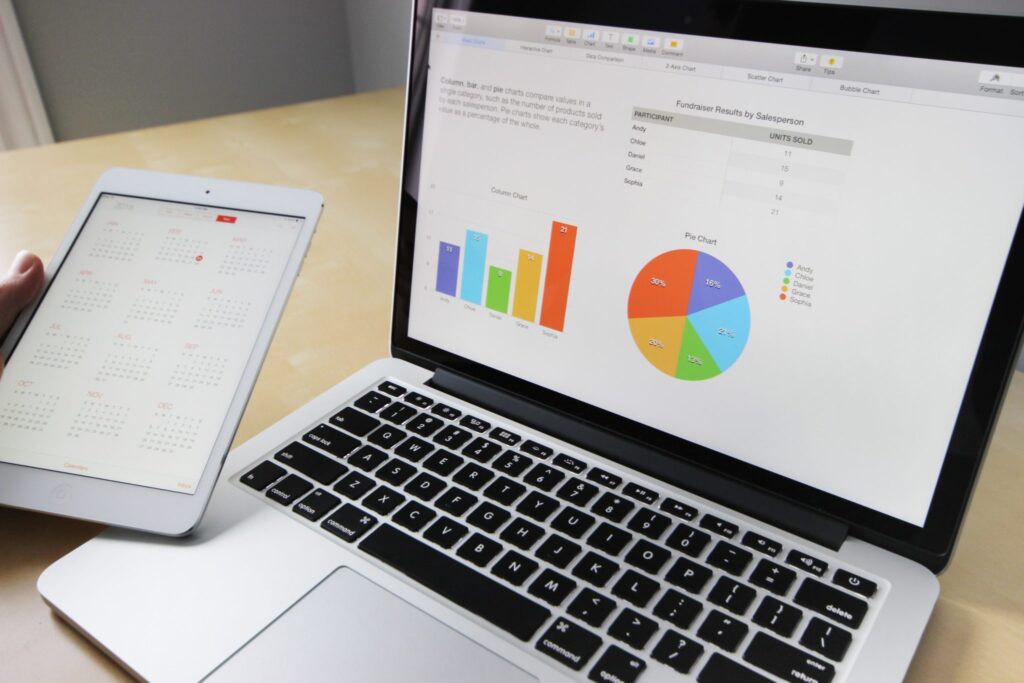This blog post has been written by our guest blogger, David Green. David holds vast experience in digital marketing and has a background working with social media as well as email marketing and is currently a coach for the Google Digital Garage project.
Looking at the news lately, Social Media is getting a bit of a hammering! The Cambridge Analytica scandal and Mark Zuckerburg’s often humorous exchanges with the US Senate have left many wondering about the place social media has in all of our lives.
If some in the business world were already starting to think on this, then it will have been all the more compounded by JD Wetherspoons recent decision to shut down all of their social media accounts.
It certainly got me thinking, both personally and when I am delivering social media digital skills training sessions at the Digital Garage. The relationship between Social Media and a Business often appears somewhat strained and this has been further evidenced by the comments we have received from business owners who visit the Garage.
To me, it’s as simple as this – Social Media is not a business tool, it wasn’t created as one (watching the film the Social Network will tell you that much) and to the onlooking customer, it shouldn’t look like one. To me, it’s a business tool out of necessity, because we all use it! Much like TV and Radio, it’s the sheer weight of numbers that makes it such a valuable way of reaching potential customers (the UK number of Social Media users is thought to be over 42 million).
For many organisations they want to see a very clear return on investment, I’ll post about my new product on Facebook and I should get x number of purchases and have a return on investment (or in many cases time) of x amount. This is the crux of the issue, what % of those 42 million users goes on to their social media channel to be sold to? The truth is that we often open up Twitter, Facebook, Instagram or any other platforms with no clear goal in mind. If I want to know the latest news then I’ll open up my BBC news app, if I want to know what a good friend is up to I’ll send them a WhatsApp.
I like to think of social media as a conveyor belt of information, we watch items go past us (in 3-second slots) and we stop at what we find interesting. To take the analogy a step further, if anyone has ever visited a ‘conveyor belt sushi’ bar, I think it works in much the same way.
The average number of connections that a person will have on Facebook is 338 according to Brand Watch.com, other social media platforms will mirror this stat. That post that you are writing is one of hundreds or potentially thousands that your followers will see that day. So if you are on Social Media and only ever talking about what you do or what you sell etc, then you become a little bit like that slightly annoying friend who only ever talks about themselves, which everyone knows (if you don’t know somebody like that… it might be you).
Therefore, a phrase that is often used in these circles rings very true, ‘content is key’. To engage with your audience you’ve got to give them what they want to see, what benefits their life, it can’t just be ‘sale now on, come and get it’. You need different types of content, different types of posts, you need to be visual, you need to post at the right times… in short, you may need digital skills training to create a successful Strategy!
I wasn’t privy to JD Wetherspoon’s Social Media strategy, neither have I seen strategies of other organisations who have decided either to abandon or not board the social media ship but one thing I will always stand by is that without a strong, well thought out strategy, you won’t get the business results you desire from Social Media.
Like many, I’ve experienced the all-consuming nature of running a social media account (or accounts) for a business. Trying to come up with a daily post (the bare minimum requirement) can become a time consuming daily ritual. The game changer for me was being able to schedule posts in advance, a wonderful feature that can be enabled on social media in a number of different ways (directly through a platform such as a Facebook Business page or through multi-platform schedulers such as Buffer or HootSuite). Still, being able to schedule a week’s worth of content is all well and good but you need to know what you’re going to post!
This for me is where planning comes in! If I’m going to set aside Monday morning to schedule my social media content for the week I want to have already done as much of the legwork as I can before I get there. If I have to not only write but also come up with ideas for 7 days then I might spend all of Monday on this one task instead of a few hours! This is why I work ahead of myself by six or perhaps even 12 months, I use a Social Media Content Calendar and I populate it with ideas months in advance. There are many free templates knocking around the internet but my personal favourite is a customisable calendar provided free by HubSpot (in exchange for your email address) https://offers.hubspot.com/social-media-content-calendar
Look at what is happening over the next three months, six months or even a year. You’ve got public holidays, national events of importance, sporting events perhaps and then you can drill down to things more specific to your business, perhaps there is an awareness day or even week that really lines up with what you do; you want to have this on your calendar and not be caught out when that week comes around.
You can also use your calendar to ensure there is enough variety on your social media feeds. Posting every day is vital, but posting the same kind of content every day will get old fast. Use your calendar to decide on the kind of content you will post (eg video, infographic, blog update, competitions). Once you know what kind of content you want to post, sprinkle it across your monthly plan, have 7 videos, 5 infographics etc, make sure there’s variation! Also, make sure that you are checking the content that your audience engages most with, which brings me on to…
Data and analytics, digital marketing’s ace card! If you’re going to have a Social Media strategy how are you going to know if it’s working?! So many businesses are on Social Media because they think they should be, but how many use the free analytical tools to see what’s working and make adjustments?
Every major Social Media platform has a free to obtain analytical tool and although there is some variance on the levels of detail, there is some commonality on obtaining your followers, gender makeup, age range, geographic locations, times of day when they will be online and very importantly which posts worked best!
If you’re going to be on Social then get a Facebook business page, it’s free to set up and without it you won’t be able to see any data (or schedule), set up that Instagram account as a business account and again access the data, go to Twitter analytics and see all the data that’s been waiting for you to view! And if one of your key social goals is to get people to your website, which incidentally it should be, then install Google Analytics on your website, it’s free and easy and amongst a host of data, it will tell you how many people are migrating to your website from Social Media channels.
Social Media can work for your business, it can work for any business, but to succeed you have to understand what it is and what it is not. You are playing the long game here, you’re subtlely promoting your brand, building your presence and connecting with your customers. However, without a clear strategy, you will fail! So use what is there, a lot of Social Media’s benefits can be availed of at no cost. Reaching a potential audience of over 42 million without spending a penny sounds pretty good to me!





